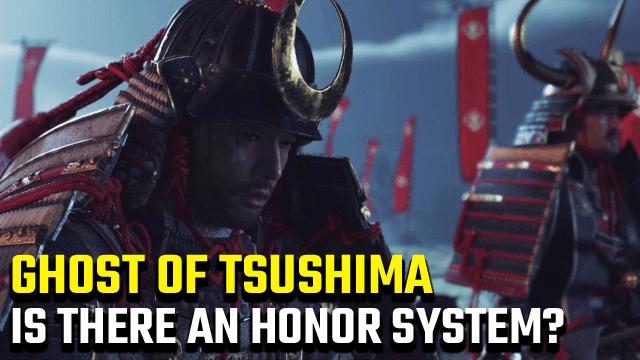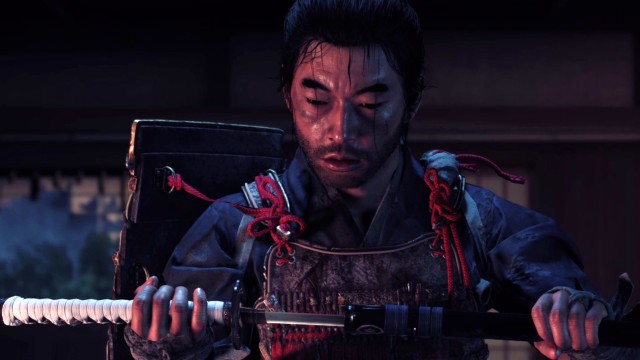With the dichotomy between Jin’s samurai and ghost sides, it’d make sense if Ghost of Tsushima had an honor system. A core part of the game’s story is the conflict between bushido (the way of the samurai) and the ninja-like ghost tactics Jin must use to liberate Tsushima. You’d think that because of this, the game would have a morality gauge, invisible or otherwise, that would affect the story.
Does Ghost of Tsushima have an honor system?
When the game begins, Jin is the last of Clan Sakai. He is the ward of his uncle, Lord Shimura, the head of Clan Shimura and Jito (governor) of Tsushima Island. He’s been fully trained in the samurai’s rigid philosophy and lives his life by the tenets of bushido. However, when the island’s samurai clans are slaughtered during the Mongol’s landing, Jin finds himself in a situation where following the way of the samurai is no longer tenable.
When Jin begins his one-man fight against the Mongols, he adopts tactics that the samurai would consider dishonorable. Stealth assassinations and poison are both options open to players. However, throughout most of the game, the player has the choice to adhere to bushido or play using ghost tactics.
Unfortunately, there’s no honor system or morality gauge in Ghost of Tsushima. Regardless of how honorably you play, there will be extreme situations in which Jin is forced to fight in a way the samurai consider dishonorable. This puts him into conflict both internally and with his uncle, Lord Shimura. Bushido is a rigid code with no forgiveness for those who violate it. It doesn’t have provisions for the type of situation that Jin finds himself in, and he has to choose between sacrificing Tsushima to stay true to his principles or breaking them to save his people.








